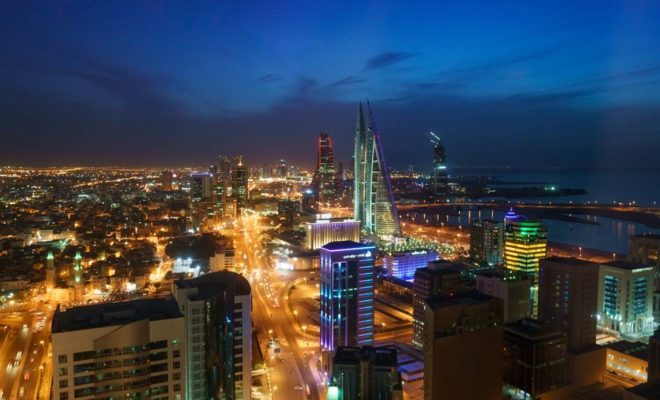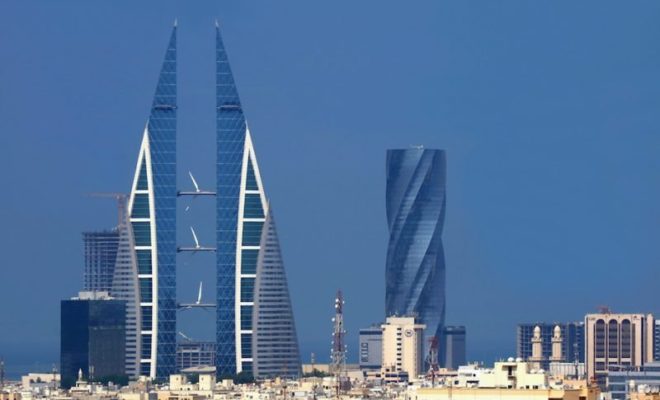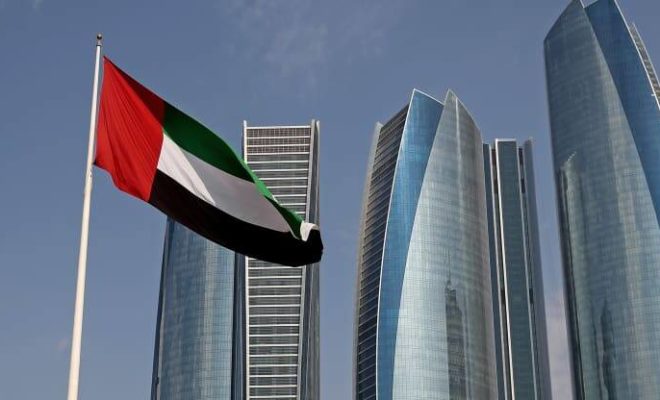Fitch Affirms Bahrain at ‘B+’; Outlook Stable

Bahrain’s ratings are supported by strong financial backing from partners in the GCC, high GDP per capita, and human development indicators even relative to ‘BBB’ medians and a recent track record of robust macroeconomic performance. Weak public finances, high fiscal dependence on oil revenue, low levels of FX reserves, and political constraints all weigh on the ratings, although policy focus on fiscal consolidation has sharpened significantly since 2018.

In 2020, real GDP contracted by 5.8% and government debt surged to 129% of GDP from 101% of GDP in 2019, owing to the combined impact of the coronavirus pandemic and sharply lower oil prices. The speed of the economic recovery remains highly uncertain. We forecast real GDP growth of 3.2% in 2021 and 3.0% in 2022, with oil GDP flat and non-oil growth of 4.0% and 3.7%, as the global economy recovers and vaccination programs in Bahrain (close to 25% of the population has been vaccinated with two doses) and elsewhere allow for a gradual re-opening of travel and tourism and easing of remaining domestic restrictions. This would bring real and nominal GDP back above 2019 levels in 2022.

The general government budget deficit widened to 16.8% of GDP in 2020, from 7.5% of GDP in 2019, reflecting a 40% collapse in hydrocarbon revenue, 2.2% of GDP of Covid-19-related emergency spending, and a 10% decline in nominal GDP. There was considerable spending restraint across other parts of the budget, with total spending excluding emergency outlays falling year-on-year. The official 2020 state budget deficit was smaller, at 12.5% of GDP, because Fitch (as well as the IMF) includes an estimate of extra-budgetary spending and excludes the one-off USD450 million (1.3% of GDP) transfer from the Future Generations Fund.
Source Credit: Fitch Ratings













